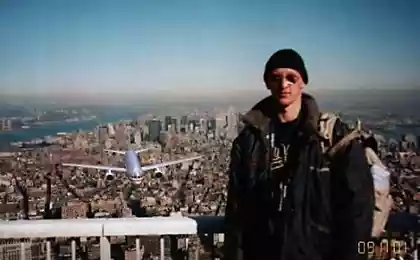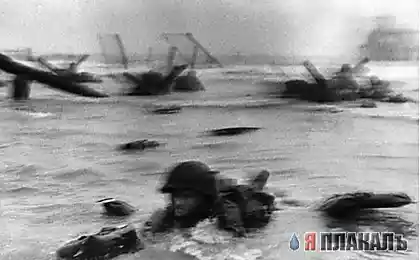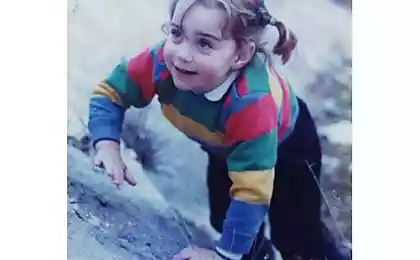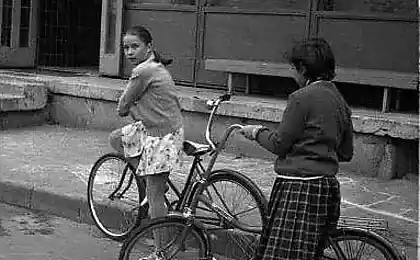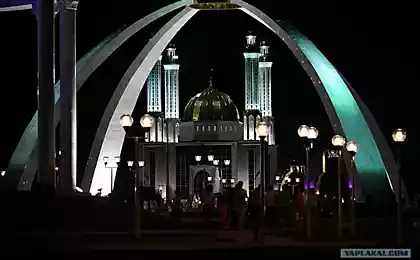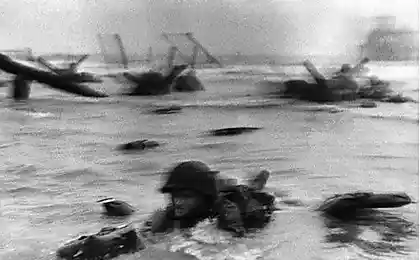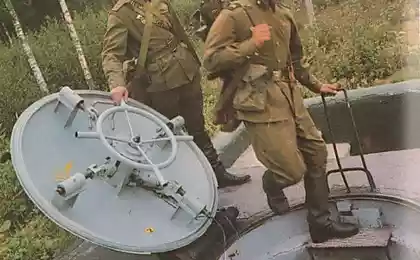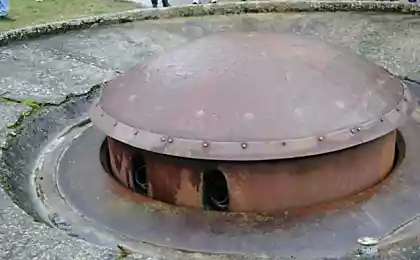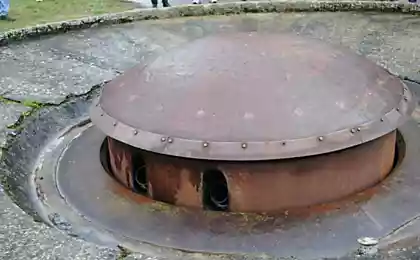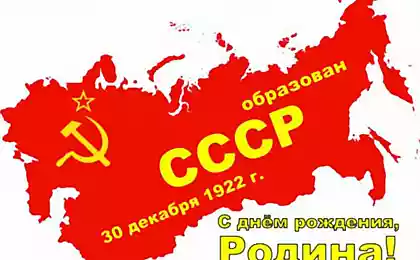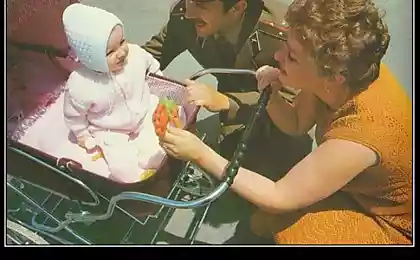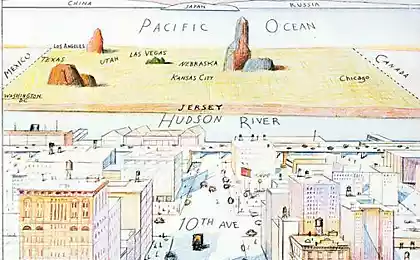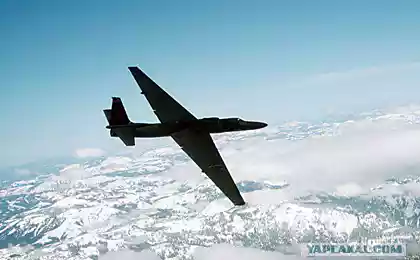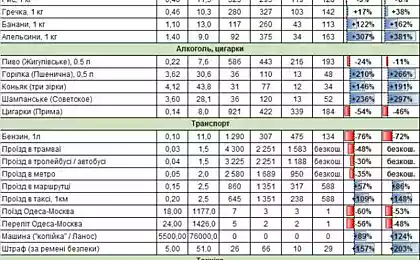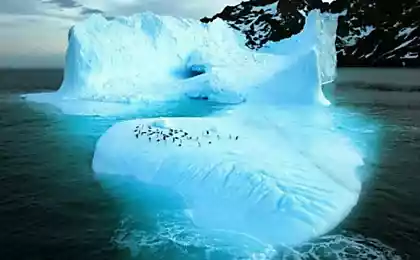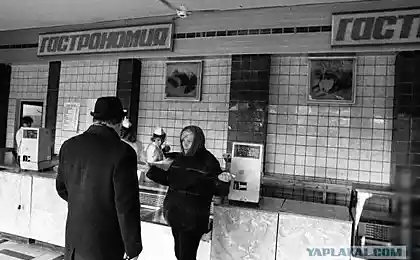1802
Banned in the USSR documentary photography
I propose to see the photos, for which the author was dismissed from his job.
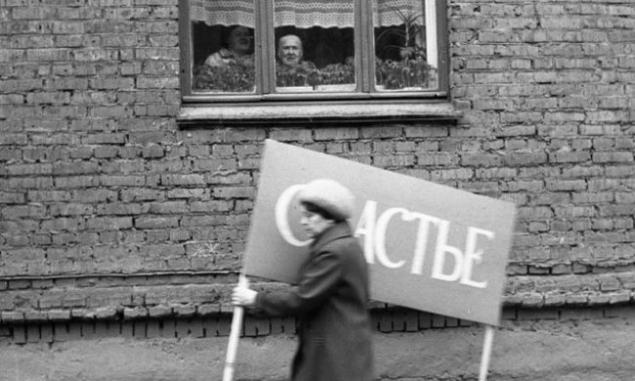
Group Trivia - This is a photo Vladimir Vorobiev, Szokolay Vladimir and Alexander Trofimov, who worked at the turn of 70-80-ies at the Kuznetsk Metallurgical Combine (KMK). However, the chronicles of the plant among their shots - in the absolute minority.
Once expelled from their main place of work for the denigration of the socialist way of life, they had to destroy part of the archives, and they have become free to pursue photography.
"We picked up a camera and a free mode walked down the street, calling it a" free hunt "and having no ultimate goal. Only in this mode, I went with the full film material ", - says Vladimir Szokolay - one of the band members.
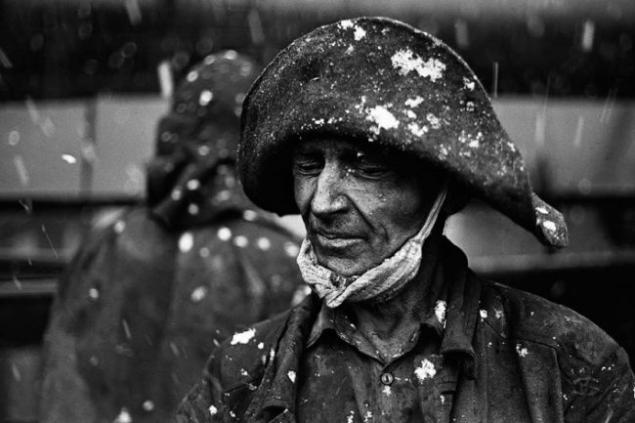
"Cneg on coke batteries," Koksokhim KMK, November 27, 1979.
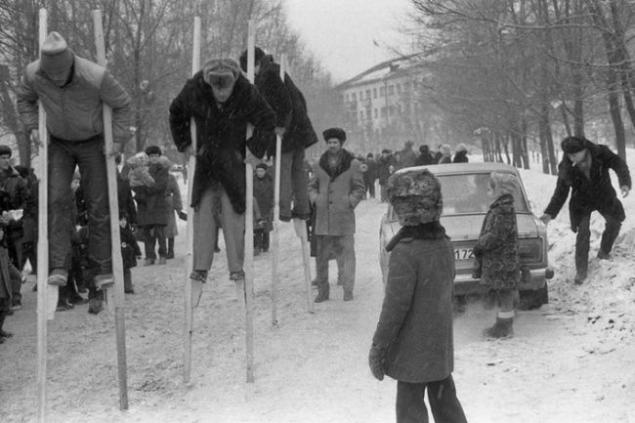
"Celebration of Shrovetide miners", Novokuznetsk, 1984.
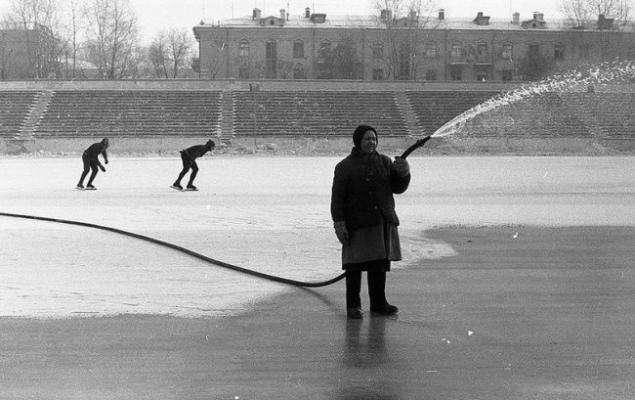
"Filling the ice at the stadium" Metallurg "," Novokuznetsk, February 11, 1984.
Participants trivial never parted with cameras and outside the factory and the working day. As a result, most of the work - it everyday scenes on the streets of Novokuznetsk 80s.
Principles by which to take photos Thrive - refusal to retouch or crop the footage. But most importantly - a complete rejection of staged shots. Everything that happens in the frame is really going on; man with a camera never tells the heroes how to do it photogenic, and does not ask them to repeat the missed time.
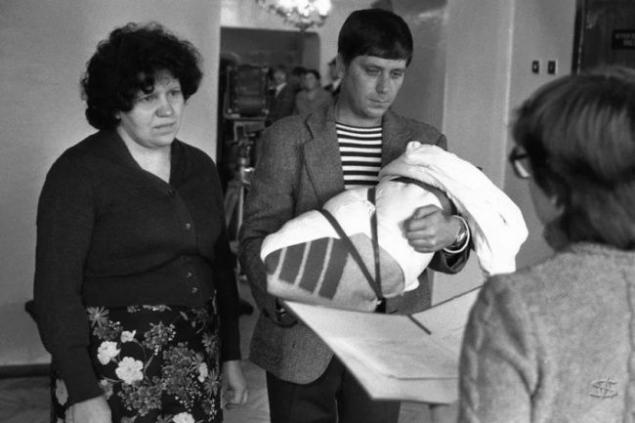
"The official registration of the newborn," the registry office of the Central district, 1 October 1983.
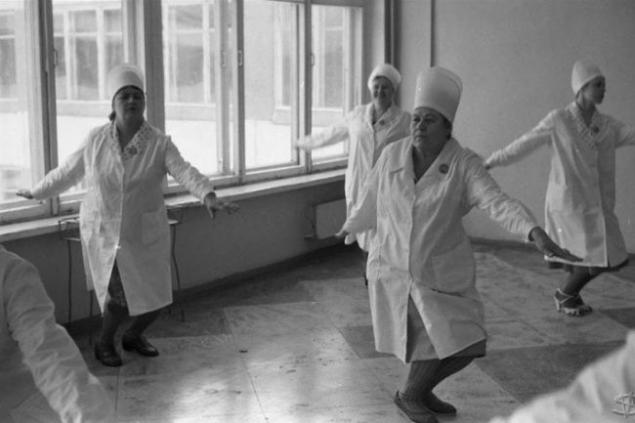
"The competition for the production Gorpromtorga gymnastics", school № 62, Novokuznetsk, Siberia. April 10, 1983.
This principle of non-intervention was quite atypical for the official Soviet photographs, which often even famous historical photos (for example, "Victory Banner over the Reichstag") played in front of camera.
"In the USSR, 90% of newspaper photographers to shoot like a movie, starting with the selection of props - says curator Yevgeny Ivanov. - It is necessary to remove the hero-tractor driver? Disguise it and not put near the tractor on which it runs, and near the new tractor. From the photographer needed not real life, and life is what it should be, edited for ideological purposes ».
Abandon the setting and take life as it is, including in difficult conditions (such as factory floor), photographers were able to Thrive in particular due to the fact that at the turn of the 70-80s have bred Japanese "Canon" and German "Leica". Responding to questions from the audience of Novosibirsk, who came to the opening party trivia Vladimir Szokolay said that "Zenith" and other Soviet cameras Show captured much of it was not possible, and indeed the acquisition of "Canon" was a turning point for the group.
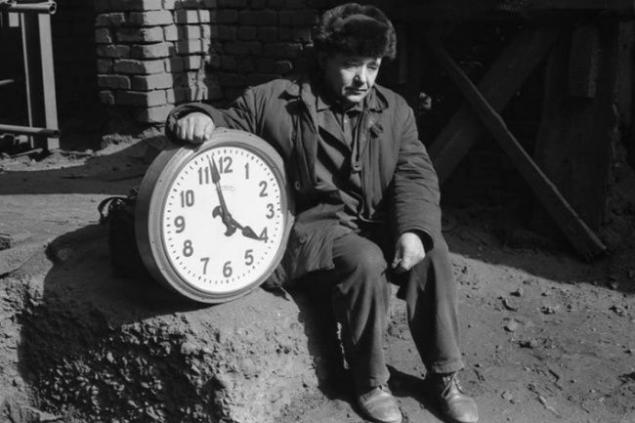
"Electrician for coke oven batteries", KMK, Novokuznetsk, 1980.
This photo - slightly absurdist and surrealist - looks specially devised, but it is not. It depicts a wizard, who came to the shop to repair the KVM hours, but the coke oven battery in places allocated gas from which a person is bad. Master went out to get yourself in the fresh air - and it took a passing photographer Vladimir Vorobiev.
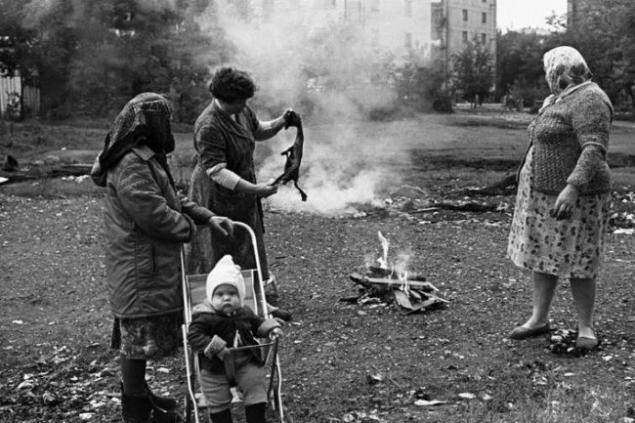
"Opala chicken carcass»
Complete rejection of dusting reality eventually stopped the official existence of the group trivial. It was officially registered in 1981, managed to take part in 19 exhibitions (including foreign), but at the beginning of 1982, party officials and the KGB was suspected in the style trivia denigration of the socialist way of life.
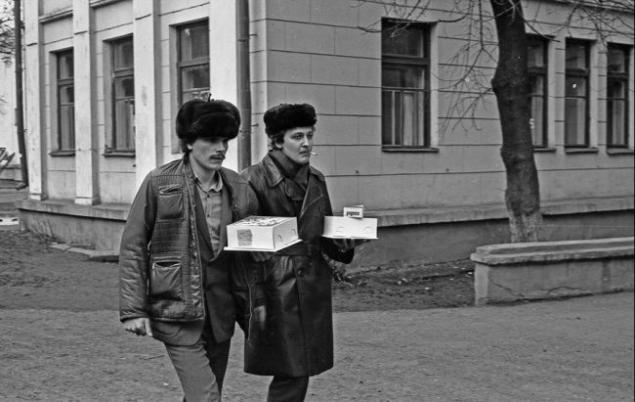
"Going to visit gentlemen", Novokuznetsk, 1980
Trivia not chasing bright externalities. Many photographers are well aware of how to impress the audience and immediately turns a photo into a circus - who will climb higher. At the same trivial - simple stories in simple language. But this simplicity, as in Chekhov - outward simplicity, behind which the depth and purity and the capacity of the language to learn over the years.
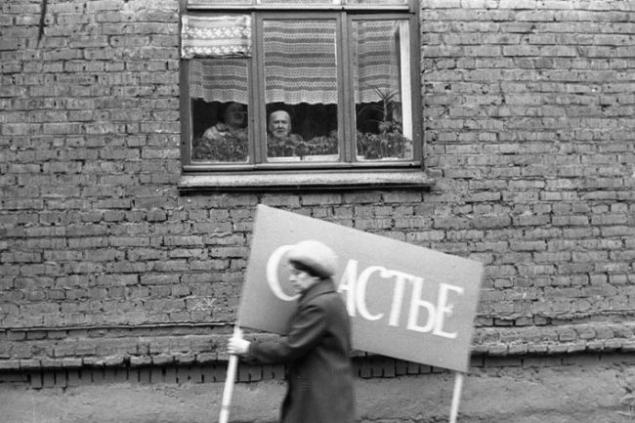
"Happiness is passing by," Novokuznetsk, May 1, 1983
These pictures - masterpieces because they - not about effects, but about human life, about the questions of life. For example, "Happiness is passing by" - ordinary situation at the demonstration turns the whole parable. And technically this parable transmitted clearly and precisely, there is nothing superfluous, everything runs on one idea.
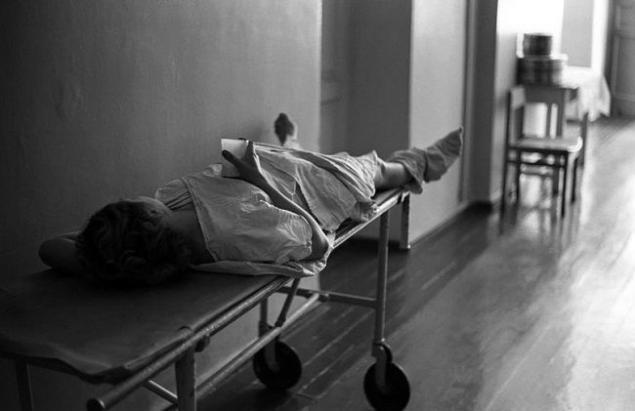
"The corridor of the hospital. Kefir after birth ", 1st clinical hospital, Novokuznetsk, Siberia, June 29, 1981.
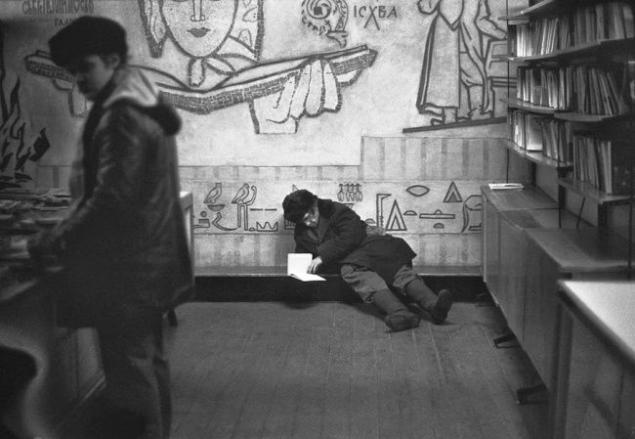
"Bookstore. Department of second-hand literature ", Kirov Street, Novokuznetsk, Siberia. January 21, 1983.
In addition to artistic significance, dated to the day, photos and trivia valuable as a historical document: "For us, street photography - is the only way to shoot freely. We actually recorded the history of the city. Was no other way. We were not allowed anywhere, nowhere invited. Our motivation was - take our history, what's going on than breathing city ", - said V. Szokolay.
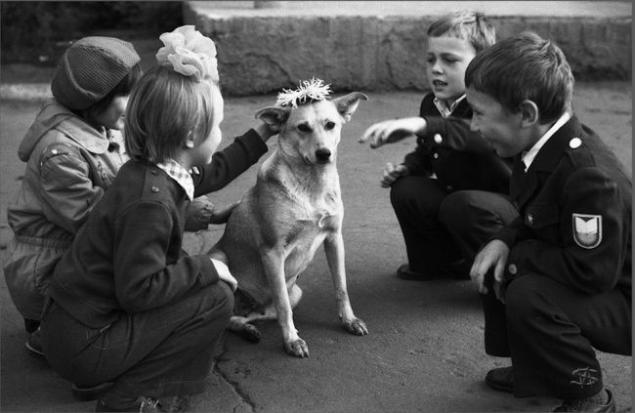
"Wreath for the dog." Children come to school and saw a dog that decided to bestow flowers.
In photos "Manifesto Thrive" is really a lot of what sweeping social networking wave of nostalgia under the slogan "we had a really happy childhood without" iPhone ", but with deep pools, sandboxes and scoops».
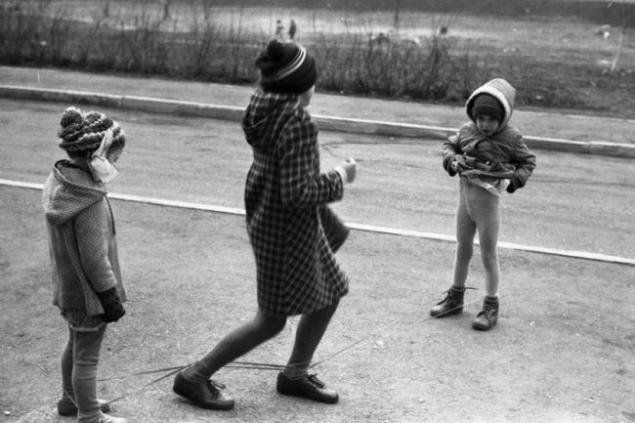
"Games" gum "yard on the street in Togliatti, May 9, 1985.
Photos allow to dive into this puddle (or sandbox) childhood with his head if you caught that time at least in polumladenchestve, a couple of hundred photos miraculously activate some seemingly sealed and put into the archive memory layers.
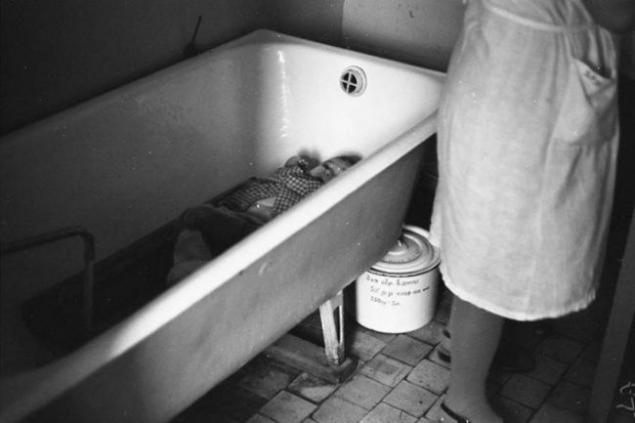
"One in the bathroom", while wearing dry pants on a child, the other waits his turn in the bathroom, orphanage № 2. Novokuznetsk, May 29, 1981.
On the other hand, many things in these photos is able to sober up a bit nostalgic. Someone noticed that these images could serve as accusatory documents on a hypothetical process against the state called the Soviet Union.
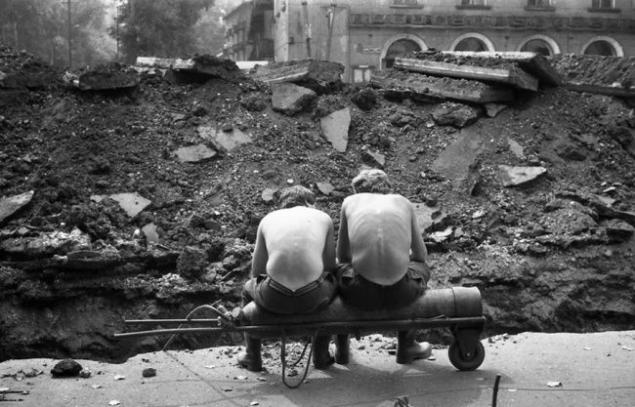
"Smoke break on the gas tank," is a Russian fun.
But on the whole picture of the band is not perceived as "chernukha" - rather inspire and cause a fondness for people.
And most importantly - work like a time machine: the viewer like a walk in the Siberian city of thirty years ago - sometimes he spies everyday scenes unnoticed, sometimes faced with the inhabitants of the last head-on, and they look at him (time traveler) suspicious and curious.
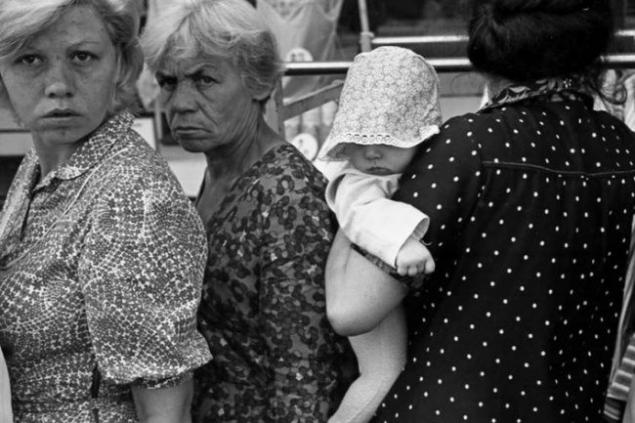
"The people in the queue", Novokuznetsk, 1982.
--img18--
Source:

Group Trivia - This is a photo Vladimir Vorobiev, Szokolay Vladimir and Alexander Trofimov, who worked at the turn of 70-80-ies at the Kuznetsk Metallurgical Combine (KMK). However, the chronicles of the plant among their shots - in the absolute minority.
Once expelled from their main place of work for the denigration of the socialist way of life, they had to destroy part of the archives, and they have become free to pursue photography.
"We picked up a camera and a free mode walked down the street, calling it a" free hunt "and having no ultimate goal. Only in this mode, I went with the full film material ", - says Vladimir Szokolay - one of the band members.

"Cneg on coke batteries," Koksokhim KMK, November 27, 1979.

"Celebration of Shrovetide miners", Novokuznetsk, 1984.

"Filling the ice at the stadium" Metallurg "," Novokuznetsk, February 11, 1984.
Participants trivial never parted with cameras and outside the factory and the working day. As a result, most of the work - it everyday scenes on the streets of Novokuznetsk 80s.
Principles by which to take photos Thrive - refusal to retouch or crop the footage. But most importantly - a complete rejection of staged shots. Everything that happens in the frame is really going on; man with a camera never tells the heroes how to do it photogenic, and does not ask them to repeat the missed time.

"The official registration of the newborn," the registry office of the Central district, 1 October 1983.

"The competition for the production Gorpromtorga gymnastics", school № 62, Novokuznetsk, Siberia. April 10, 1983.
This principle of non-intervention was quite atypical for the official Soviet photographs, which often even famous historical photos (for example, "Victory Banner over the Reichstag") played in front of camera.
"In the USSR, 90% of newspaper photographers to shoot like a movie, starting with the selection of props - says curator Yevgeny Ivanov. - It is necessary to remove the hero-tractor driver? Disguise it and not put near the tractor on which it runs, and near the new tractor. From the photographer needed not real life, and life is what it should be, edited for ideological purposes ».
Abandon the setting and take life as it is, including in difficult conditions (such as factory floor), photographers were able to Thrive in particular due to the fact that at the turn of the 70-80s have bred Japanese "Canon" and German "Leica". Responding to questions from the audience of Novosibirsk, who came to the opening party trivia Vladimir Szokolay said that "Zenith" and other Soviet cameras Show captured much of it was not possible, and indeed the acquisition of "Canon" was a turning point for the group.

"Electrician for coke oven batteries", KMK, Novokuznetsk, 1980.
This photo - slightly absurdist and surrealist - looks specially devised, but it is not. It depicts a wizard, who came to the shop to repair the KVM hours, but the coke oven battery in places allocated gas from which a person is bad. Master went out to get yourself in the fresh air - and it took a passing photographer Vladimir Vorobiev.

"Opala chicken carcass»
Complete rejection of dusting reality eventually stopped the official existence of the group trivial. It was officially registered in 1981, managed to take part in 19 exhibitions (including foreign), but at the beginning of 1982, party officials and the KGB was suspected in the style trivia denigration of the socialist way of life.

"Going to visit gentlemen", Novokuznetsk, 1980
Trivia not chasing bright externalities. Many photographers are well aware of how to impress the audience and immediately turns a photo into a circus - who will climb higher. At the same trivial - simple stories in simple language. But this simplicity, as in Chekhov - outward simplicity, behind which the depth and purity and the capacity of the language to learn over the years.

"Happiness is passing by," Novokuznetsk, May 1, 1983
These pictures - masterpieces because they - not about effects, but about human life, about the questions of life. For example, "Happiness is passing by" - ordinary situation at the demonstration turns the whole parable. And technically this parable transmitted clearly and precisely, there is nothing superfluous, everything runs on one idea.

"The corridor of the hospital. Kefir after birth ", 1st clinical hospital, Novokuznetsk, Siberia, June 29, 1981.

"Bookstore. Department of second-hand literature ", Kirov Street, Novokuznetsk, Siberia. January 21, 1983.
In addition to artistic significance, dated to the day, photos and trivia valuable as a historical document: "For us, street photography - is the only way to shoot freely. We actually recorded the history of the city. Was no other way. We were not allowed anywhere, nowhere invited. Our motivation was - take our history, what's going on than breathing city ", - said V. Szokolay.

"Wreath for the dog." Children come to school and saw a dog that decided to bestow flowers.
In photos "Manifesto Thrive" is really a lot of what sweeping social networking wave of nostalgia under the slogan "we had a really happy childhood without" iPhone ", but with deep pools, sandboxes and scoops».

"Games" gum "yard on the street in Togliatti, May 9, 1985.
Photos allow to dive into this puddle (or sandbox) childhood with his head if you caught that time at least in polumladenchestve, a couple of hundred photos miraculously activate some seemingly sealed and put into the archive memory layers.

"One in the bathroom", while wearing dry pants on a child, the other waits his turn in the bathroom, orphanage № 2. Novokuznetsk, May 29, 1981.
On the other hand, many things in these photos is able to sober up a bit nostalgic. Someone noticed that these images could serve as accusatory documents on a hypothetical process against the state called the Soviet Union.

"Smoke break on the gas tank," is a Russian fun.
But on the whole picture of the band is not perceived as "chernukha" - rather inspire and cause a fondness for people.
And most importantly - work like a time machine: the viewer like a walk in the Siberian city of thirty years ago - sometimes he spies everyday scenes unnoticed, sometimes faced with the inhabitants of the last head-on, and they look at him (time traveler) suspicious and curious.

"The people in the queue", Novokuznetsk, 1982.
--img18--
Source:
